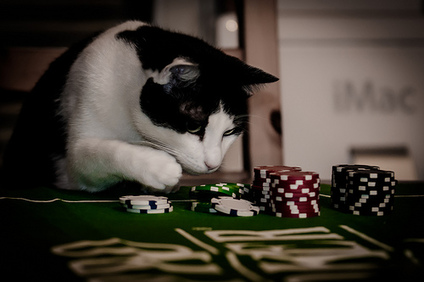A new take on the resource that gets things done
As people dream up and plan how to stick to their resolutions, many are examining their own self control: how can a person eat right, go to the gym, refrain from saying mean things, complete difficult tasks, and so on?
While it’s a common notion that self-control is a limited resource (if you’re “good” earlier in the day, you’re more likely to be “bad” later), new work published in Perspectives on Psychological Science posits a different theory: Self-control is a process involving motivation and attention. Things like incentives, individual perceptions of task difficulty, personal beliefs about willpower, feedback on task performance, and changes in mood will all influence our ability to exercise self-control.
The History
Research on self-control has surged in the last decade, focused mostly on the resource model originally proposed by Roy Baumeister, which identifies self-control as a limited resource. Over 100 papers have produced findings that support this model.
But researchers Michael Inzlicht of the University of Toronto and Brandon Schmeichel of Texas A&M University write, “Engaging in self-control by definition, is hard work; it involves deliberation, attention, and vigilance,” so that instead of depleting a fixed resource, we are actually modifying expectations and behaviors. For example, after being “good”, a shift in motivation occurs such that we feel justified in indulging or being “bad” later.
The attention part of the process suggests that we’re less likely to notice self-control cues and more likely to pay attention to reward cues—instead of noticing that saying a mean thing is hurtful, we focus on how saying the mean thing temporarily makes us feel better about ourselves.
Applications
In your everyday life, understanding your self-control motivations and attentions could pay off big for your resolutions, goals, and dreams. As a society, self-control research may help identify new ways to treat a variety of important problems, including obesity, impulsive spending, gambling, and drug abuse.
Image: Some rights reserved by gchampeau

